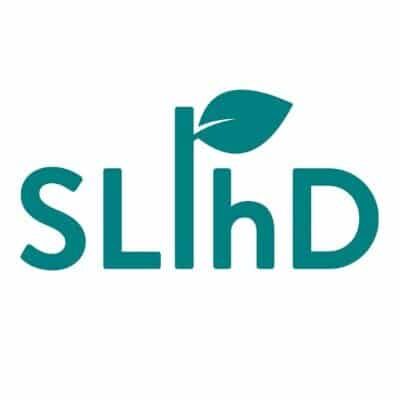Bridging Research and Clinical Practice: EBP in SLP - Contribution 6
Technology-Enhanced Reading Therapy for People With Aphasia: Findings From a Quasirandomized Waitlist Controlled Study
Impaired reading is one of the many disabling consequences of stroke. The consequences of this impairment are profound, often disrupting reading for pleasure, work, and functional purposes. Technological applications provide additional chances to compensate for reading disabilities. This study investigated the effects of technology-enhanced reading therapy for people with reading impairments, using mainstream assistive reading technologies alongside reading strategies.
The study used a quasirandomized waitlist controlled design. Twenty-one people with reading impairments following stroke were randomly assigned to receive 14 hr of therapy immediately or after a 6-week delay. During therapy, participants were trained to use assistive reading technology that offered a range of features to support reading comprehension. The primary outcome measure assessed reading comprehension using Gray Oral Reading Test–Fourth Edition (GORT-4), a text-level reading assessment. Matched texts were used with the GORT-4 to compare technology-assisted and unassisted reading comprehension. Mixed analyses of variance explored change between T1 and T2.
GORT-4 results indicated that the immediately treated group improved significantly in technology-assisted reading following therapy but not in unassisted reading. Following the intervention, technology-assisted reading comprehension improved, indicating that the treatment compensated for rather than improved the reading deficit. Participants’ confidence and emotions associated with reading also improved. Gains were obtained after 14 therapy sessions, adopting assistive technology that is readily available and relatively affordable, suggesting that this approach could be implemented in a clinical setting.
SLPhD member

